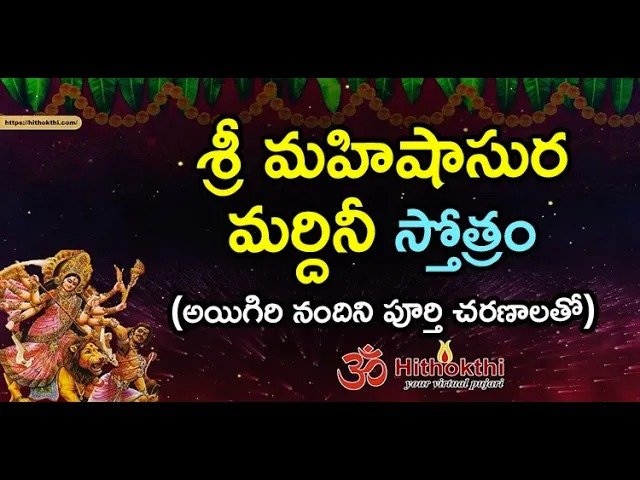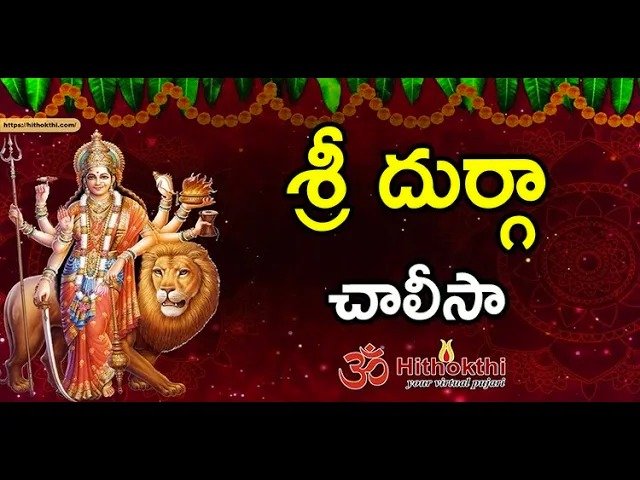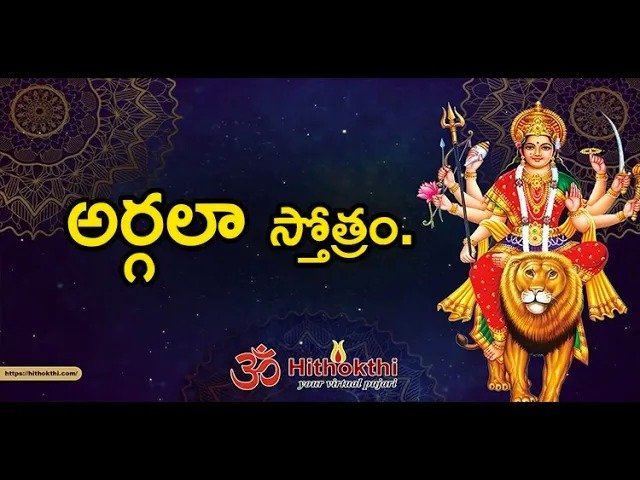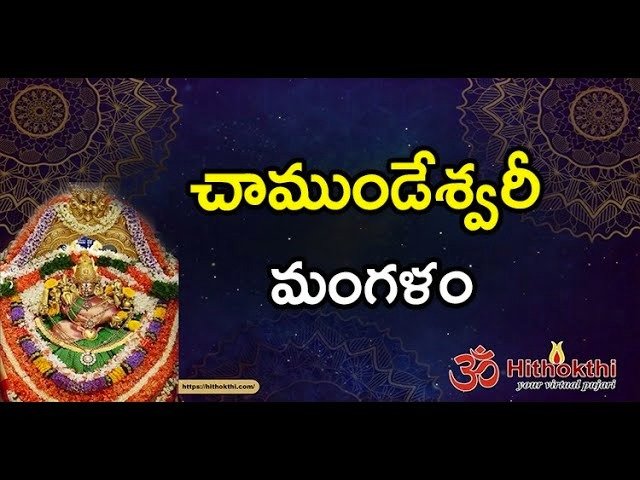A Unique business selling Hindu sculptures in California

California April 25, 2014: Kyle Tortora has built a business selling Buddhist and Hindu sculptures at Lotus Sculpture in Oceanside, Calif.
Kyle Tortora hung up his business suit and left his burgeoning Manhattan career at the age of 26. He needed an escape from the hustle and bustle of city life. India stood out as his next best option: He wanted to reconnect with his spirituality — something he had put on hold for success.
During his travels, he found an intricate bronze statue in a shop. The piece was a depiction of the god Shiva, also known as Nataraja, as a dancer. Tortora set out to meet the statue’s makers. He never guessed that decision would lead to his life’s work: selling Indian art in the United States.
“I started this business because I wanted there to be a world market for these goods,” he said, “so [the artists] can continue to make these statues for generations to come.”
Lotus Sculpture, a large warehouse in Oceanside, Calif., sells handcrafted Hindu and Buddhist sculptures. Since his initial visit to India, Tortora has established relations with artists throughout Asia. He spends two months each year meeting with them and recruiting new ones for his team. Tortora currently buys from about 20 groups of artisans, and that number continues to grow.
According to Vinayak Bharne, professor at University of Southern California’s School of Architecture, the traditional steps of idol-making have been passed down orally. Today it is an imperiled craft. With the changing economy, makers have left the field for more lucrative work in jobs such as road construction. It is for this reason that Tortora said he has dedicated his life to supporting this industry.
Each statue sold at Lotus Sculpture can take months to craft. The pieces range from 14-foot stone Buddha figures, carved from boulders, to 2-foot Ganesh pieces molted in bronze. The artists utilize traditional processes that have been passed down the generations to ensure quality. Tortora has a special relationship with every piece in his warehouse and each person involved in making them.
“I always say that I have my family in America, and I have my family in India,” he said.
Tortora’s birth family is from Connecticut. His parents were Roman Catholics, and his father was a doctor. Growing up, he planned on following suit. But during college, his interest was piqued by Eastern religions. He changed his major to religious studies and spent much of his time traveling through Asia, but never India. The vast country intimidated him.
Four years after college, that changed. Tortora was a successful web builder in New York, but he felt unfulfilled. He needed a change, and India called to him. Once there, the ancient tradition of Hindu idol making captivated the Connecticut Yankee.
According to USC’s Bharne, the earliest idols date back to 5,000 B.C. “A lot of contemporary idols that you see today are essentially of late Hinduism, not early,” he said.
Contemporary statues, which are less abstract and more humanoid, were modeled after Greek statues. Following the invasion of Alexander the Great, the Indians adopted many aspects of Greek culture. This included their method of sculpting.
One long-standing customer
Ed Sellner is a long-standing customer of Lotus Sculpture. He found the company after a long, online search. He said that the works’ variety and excellence in artistry appealed to him. Ten Buddha statues now decorate his Minnesota home. “It really is amazing work,” he said.
Throughout the years, Tortora has watched some groups of artists grow from four members to nearly 40. “That’s pretty much across the board,” he said. The consistent flow of orders that come with his business allows these groups to expand. And Lotus Sculpture has developed right along with them.
The company started in the basement of his parent’s Connecticut home. As the orders rolled in, so did the statues. When they took over the garage and basement, he knew it was time to move. Eager for warmer weather, Tortora and the idols went west.
A large warehouse in Oceanside now serves as headquarters and home. Thousands of Buddhas and Ganeshes line the walls of Lotus Sculpture. Tortora lives in a small room above his inventory when he is not travelling.
Nearly all the profits go directly back into the business to pay for travel costs and shipping. The artwork and the craftsmen are Tortora’s passion. “I want their lives to be better because my life has been better because of this business,” he said.
He remembered a visit to a village where some of his sculptors live. One of the craftsmen dragged him into his home and said, “’Kyle, the money you sent me from the last order allowed me to buy this home,’ Tortora recalled. “You can’t get much more rewarding than that.”







